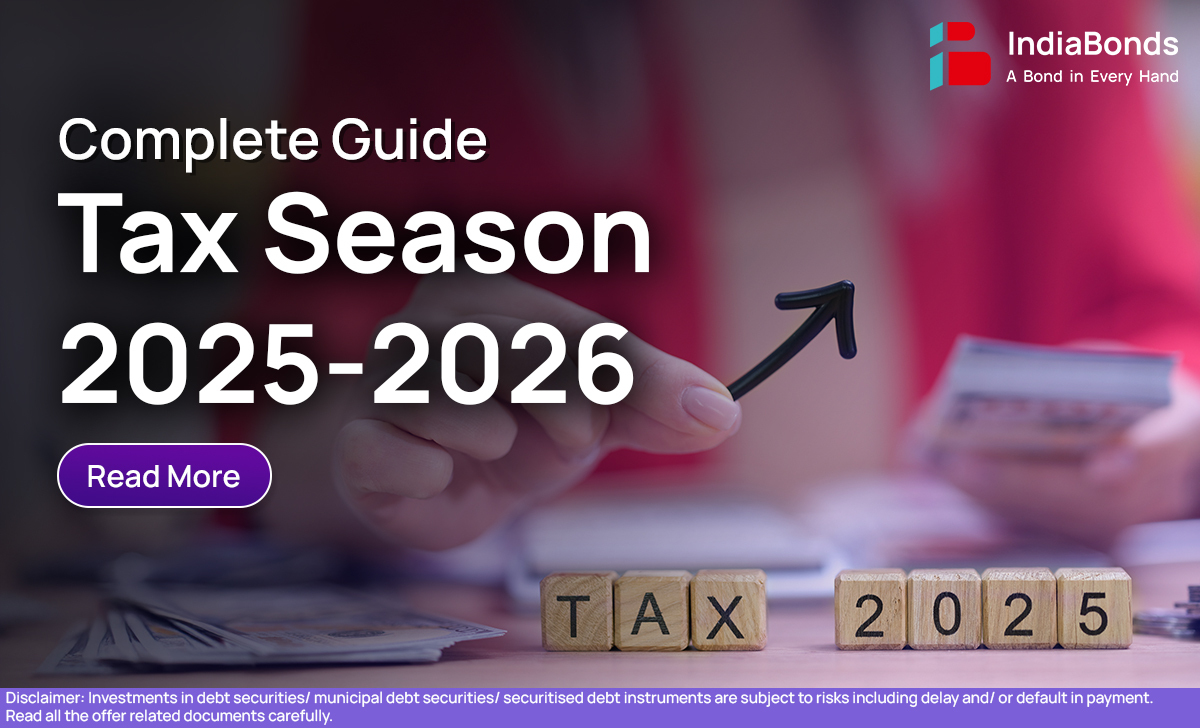
It’s already that time of year when conversations start turning to taxes. Some folks like to get a head start, while others (you know who you are!) tend to leave it for the last stretch of tax season. Whichever type you are, it helps to know what’s due when—so you don’t miss out on important dates or benefits.
This year’s tax return season is packed with familiar deadlines and a few reminders worth keeping in mind. Whether you’re filing your return as an individual or running a business gearing up for tax audit season, here’s a practical look at what lies ahead.
As with every year, the government’s e-filing portal usually opens right at the start of April. For this round, you should be able to start uploading your return from April 1, 2025. It’s always nice to start early—especially because by mid-tax season, things tend to get a bit busier (and websites slower).
Mark this one: July 31, 2025. That’s the tax filing deadline 2025 for most of us—salaried employees and anyone not required to go through an audit.
If your situation involves an audit, the deadline gets pushed to October 31, 2025. And if international transactions are part of your books, you’ve got until November 30, 2025.
Either way, sooner is better. No one likes filing returns in the final week of tax season deadline rush.
| Who’s Filing | Last Date |
| Individual taxpayers (no audit) | July 31, 2025 |
| Businesses needing audit | October 31, 2025 |
| Businesses with transfer pricing requirements | November 30, 2025 |
Missing the tax filing deadline 2025 isn’t ideal. If it happens, a late fee kicks in—up to ₹5,000. You might also lose the chance to carry forward capital losses and may face interest charges on unpaid taxes.
And honestly, it’s just extra stress. Filing during the regular tax return season keeps things simple and avoids unnecessary headaches.
Yes. If you miss the original cut-off, you can still submit what’s called a belated return by December 31, 2025. Keep in mind though, the penalties and interest apply. And if you had any deductions or loss adjustments planned, you might lose some of those benefits if you file outside the usual tax season.
Happens to the best of us. If you realize after filing that you entered something wrong, no worries—you can submit a revised return (again, until December 31, 2025).
This is why filing early in tax season helps—you’ve got plenty of time to make corrections well before the tax season deadline comes up.
A lot of people mix these terms up. Think of Financial Year (FY) as when you actually earned the income. So this time it’s April 1, 2024 to March 31, 2025.
Assessment Year (AY) is when your return for that income is processed—so, for this round, it’s AY 2025-26. Simple enough once you remember it.
No one loves paperwork and tax season often sneaks up before you know it. But keeping an eye on the tax filing deadline 2025—and staying ahead of tax audit season if it applies to you—can save a lot of stress down the line.
If you start gathering your documents now, filing won’t feel like a race against the clock. And hey—future you will thank present you for getting it done on time.
A. Honestly? As soon as you can. Filing early in tax return season avoids tech glitches and last-minute scrambling.
A. Form 16, bank statements, TDS slips, home loan interest certificates, investment proofs—whatever applies to your situation.
A. If your business crosses the audit threshold, then you’ll need to go through tax audit season and your filing date moves to October 31, 2025.
A. Yes, revisions are allowed till December 31, 2025.
A. You avoid penalties, keep your deductions intact and get refunds (if due) faster.